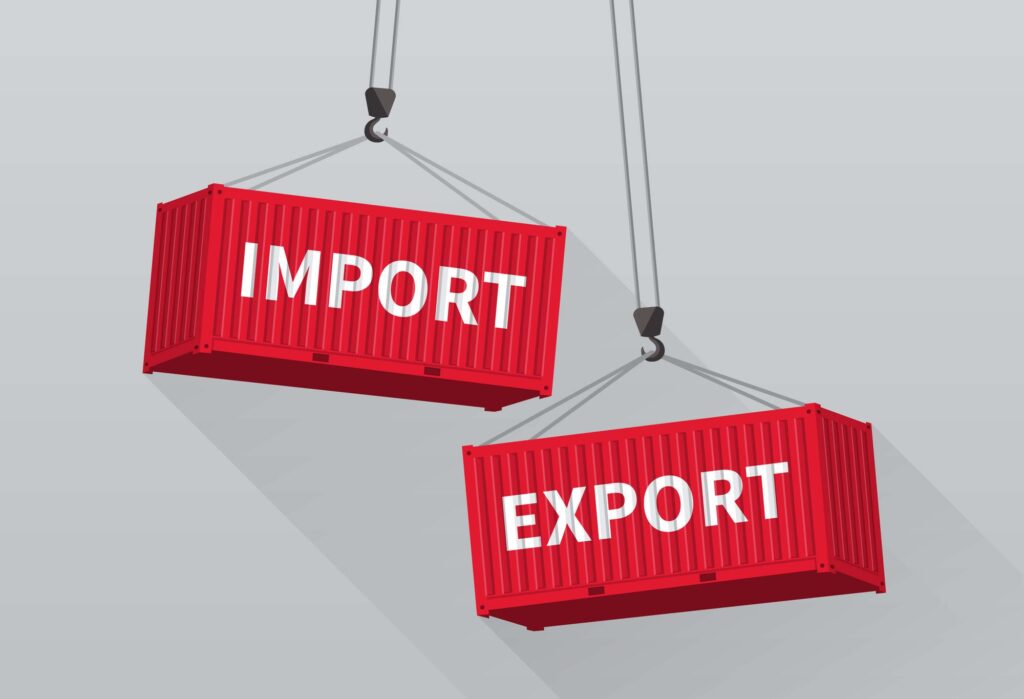Navigating the path of importing goods into Turkey can feel like uncharted waters. But fear not, this business import guide is your compass. Importing goods successfully requires understanding Turkey import regulations, meticulous planning, and a pinch of patience. First, you’ll need to get acquainted with the import process in Turkey. Know the essentials to avoid costly mistakes. What documents are necessary? Is there a specific licensing requirement? These are not mere bureaucratic hurdles; they are the keys to smoothly shipping to Turkey. Remember the age-old saying, “Knowledge is power.” In this context, it is your ticket to success. Each step in the process, from compliance with regulations to choosing the right shipping partner, ensures your business sets sail smoothly. With this guide, we aim to demystify the complexities and equip you with the right tools and insights needed for successful importation. So, let’s dive into importing goods to Turkey.
Navigating Turkey’s Import Regulations for Your Business
Understanding Turkey’s import regulations is crucial for any business import guide. Think of these regulations as the rules of the road for shipping to Turkey. Familiarizing yourself with customs duties, value-added tax (VAT), and importation requirements sets you on the right course. It’s more than just paperwork; each document represents a checkpoint ensuring your goods travel without hindrance. Missing a step could mean delays or fines, throwing a wrench in your import process Turkey plan. Turkey import regulations demand respect for their intricacy, but mastering them gives you an edge. Do ensure you’re well-versed with the necessary licenses and certifications, as each product category could have specific mandates. By doing so, you keep your business compliant and primed for a successful import journey. Remember, foresight now saves headaches later, turning complex navigation into a straightforward path to growth.
Navigating Turkey’s import regulations for your business can seem like a labyrinth, but understanding these rules is like having a map in hand. Imagine you’re embarking on a grand journey. Your main guide? The import process Turkey roadmap. It leads you through the intricacies of Turkey import regulations that your business must follow. From assessing the correct tariffs to acknowledging the specific documentation, each step is a milestone marking progress. Shipping to Turkey requires a keen eye on these details, ensuring that each box is ticked and every document stamped. There’s no wiggle room — missing just one critical document is like setting sail without an anchor. Your business import guide should focus on these regulations, leveraging knowledge to transform potential obstacles into stepping stones. By mastering these rules, you’re not just participating in import goods Turkey, you’re setting your business on a steady course to success.
When you’re preparing to dance to the tune of Turkey import regulations, envision the rhythm you’ll need to stick to. The import process Turkey obliges you to anticipate every twist and turn. Starting with determining the right HS codes for your goods, akin to knowing the language of the trade. Without it, shipping to Turkey may hit a snag. Next, the arrival of your goods at customs is a test — have you prepared all necessary documents? Each paper and permit is a note that adds harmony to the business import guide. But don’t let the paperwork befuddle you; it’s your baton in orchestrating a flawless import operation. Remember, thorough prep doesn’t just save time; it saves money, too. So, keep every detail in check as you harmonize your journey into smooth operations. In the end, it’s this precision that will make importing goods Turkey not just a task, but a triumph.
Essential Steps to Successfully Import Goods to Turkey
To successfully import goods to Turkey, understanding the import process Turkey demands is essential. Begin by identifying the right products that align with your business goals and market needs. It’s vital to research Turkey import regulations thoroughly to avoid legal pitfalls. Secure the necessary import licenses and ensure all paperwork is in order. Remember, a ship can’t set sail without a captain—choosing a reliable shipping partner for shipping to Turkey is equally crucial. This decision can make or break your venture, acting as either smooth sailing or a stormy journey. Use a comprehensive business import guide to track your progress meticulously. The path may seem daunting, but with these steps, you are not just importing; you’re paving the way to new business horizons. So, as you embark on this journey, be prepared, and success will follow.
An import process Turkey business can rely on starts with clearing the necessary customs procedures. Before you know it, you’re wearing multiple hats: navigator, strategist, and compliance officer. Begin your journey by understanding Turkey import regulations and what they entail. Ensure your customs broker understands each tick of the clock, as timing is critical. Remember to maintain a checklist of all necessary documents—think of them as your business import guide to smooth transitions. A stitch in time saves nine, as ensuring accuracy in your paperwork can save headaches down the line. The road to successfully import goods Turkey depends on the rhythm of preparation and execution working in harmony. Also, calculate the logistics carefully before shipping to Turkey by choosing a carrier you can trust. Know your costs inside out to prevent unexpected delays or expenses. This isn’t just about moving goods—it’s about weaving a path for your business growth.
The cornerstone of importing successfully into Turkey is understanding Turkey import regulations and their impact on your operations. Start by verifying tariff classifications for your goods, which dictate import duties. Never underestimate the power of due diligence—research different shipping methods to determine the most cost-effective and reliable strategy for shipping to Turkey. Having a solid business import guide helps you stay prepared. Collaborate with a competent customs broker to navigate any red tape efficiently, so you’re not caught off guard. Also, keep track of the latest trade policies; knowledge of these can be your secret weapon. By balancing compliance and cost management, you not only meet the demands of the import process Turkey requires but also set the stage for sustainable growth. Think of this process as assembling a puzzle—each piece fitting perfectly can unlock new opportunities.
Maximizing Cost Efficiency in Your Import Process
Maximizing cost efficiency in the import process Turkey demands a blend of strategy and savvy. Picture your import journey as a puzzle where each piece must fit just right. To reduce expenses, familiarize yourself with Turkey import regulations before making any commitments. This preparation can save you from unexpected costs down the road. Consider this: consolidating shipments can slash transportation fees drastically. It’s akin to carpooling—more goods, less cost per item. Moreover, choosing the right shipping to Turkey partner is crucial; their expertise can ensure smoother transitions without hiccups. Don’t overlook the impact of currency fluctuations either. Timing your exchanges wisely could lead to substantial savings. Dive deep into your business import guide, and view these strategies not just as tips but as lifelines to success. Optimizing your approach is like striking gold—a treasure trove of savings awaits.
Currency strategies are pivotal when importing goods to Turkey. Consider locking in exchange rates in advance, effectively safeguarding your costs against volatility. It’s like wearing a raincoat before the storm; protection is key. The business import guide further emphasizes collaboration with a seasoned customs broker. A good broker is your frontline defense against hidden expenses tied to Turkey import regulations. They guide you through fees, tariffs, and duties, ensuring you dodge unnecessary costs. Delve into the details of shipping to Turkey, too. Bulk importing could be your golden ticket, with larger volumes often reducing the per-unit cost. Keep a keen eye on off-peak shipping seasons as well. It’s similar to flying when others aren’t—the skies are clear, and costs are lower. The import process Turkey reveals many paths to efficiency; navigate wisely, and you’ll steer clear of costly pitfalls.
In managing the import process Turkey offers, forming a strategic alliance with local partners can unveil vast financial benefits. These collaborations often translate into smoother operational flows and reduced overheads. Think of it as forging a shortcut—a smarter route than blazing an entirely new trail. Furthermore, Turkey import regulations can serve as both a guide and a hurdle. Mastering them is akin to mastering chess—knowledge of every move changes the outcome. One critical area is duties and tariffs. Understanding these can make a significant difference; they are the difference between profit and loss. The business import guide suggests keeping a tight rein on documentation, ensuring not only accuracy but timeliness. Shipping to Turkey doesn’t have to be daunting. With the right tools, you can transform it into a well-oiled machine, primed for cost efficiency and operational success.






